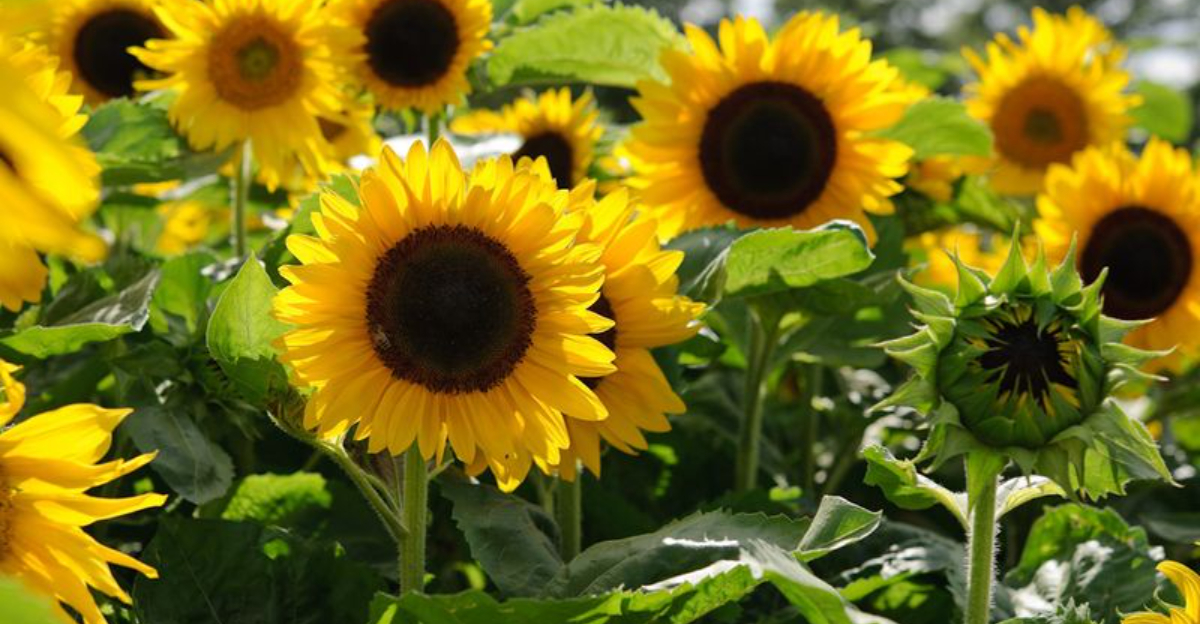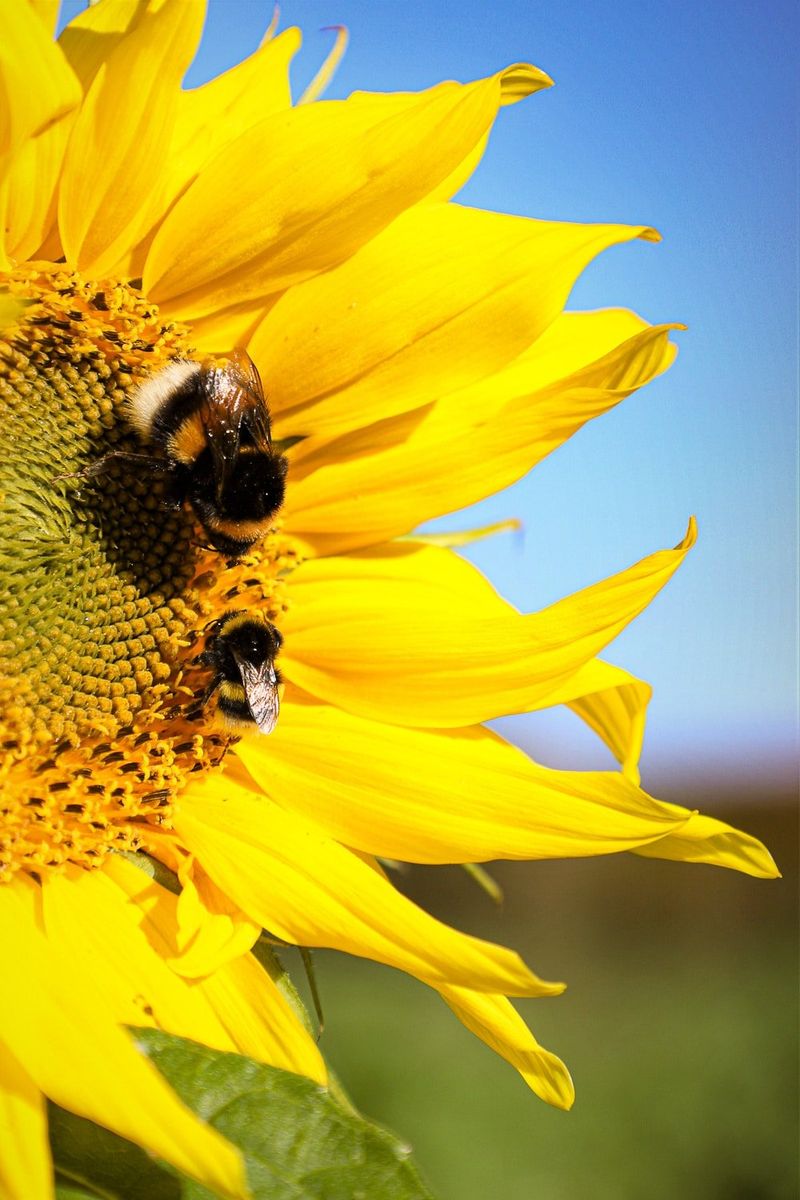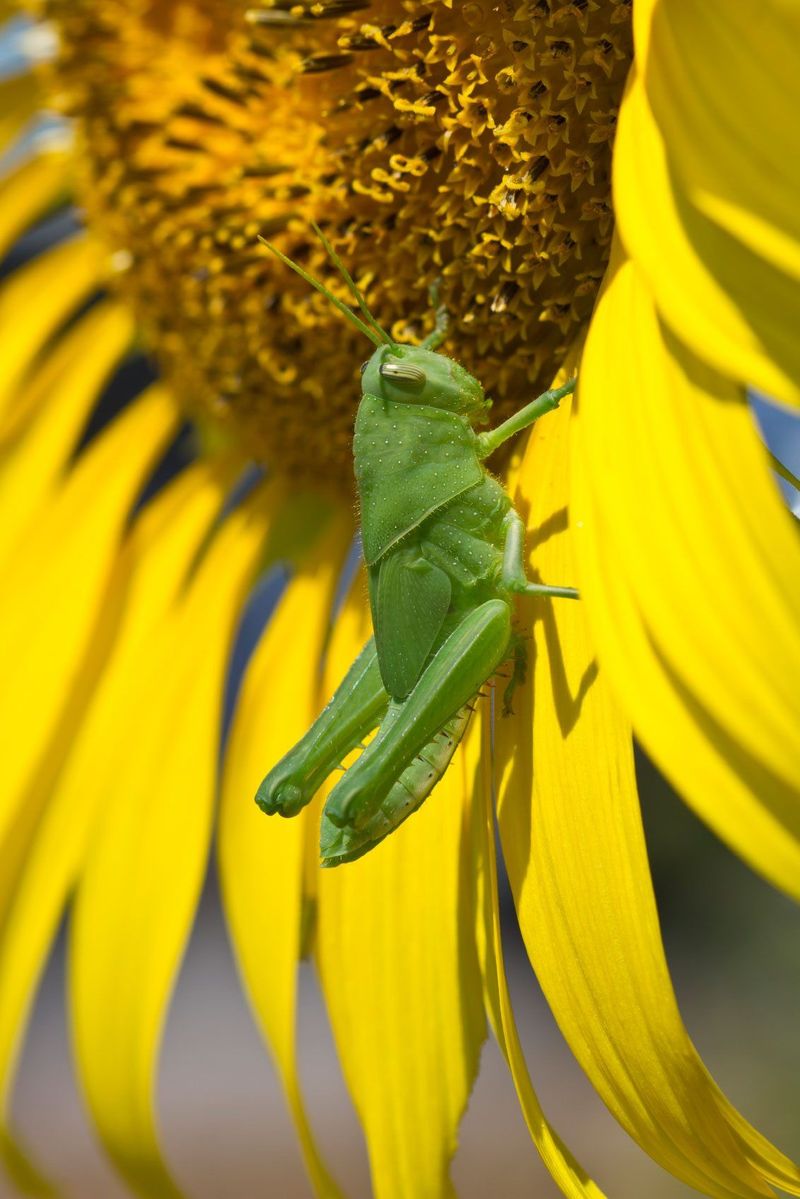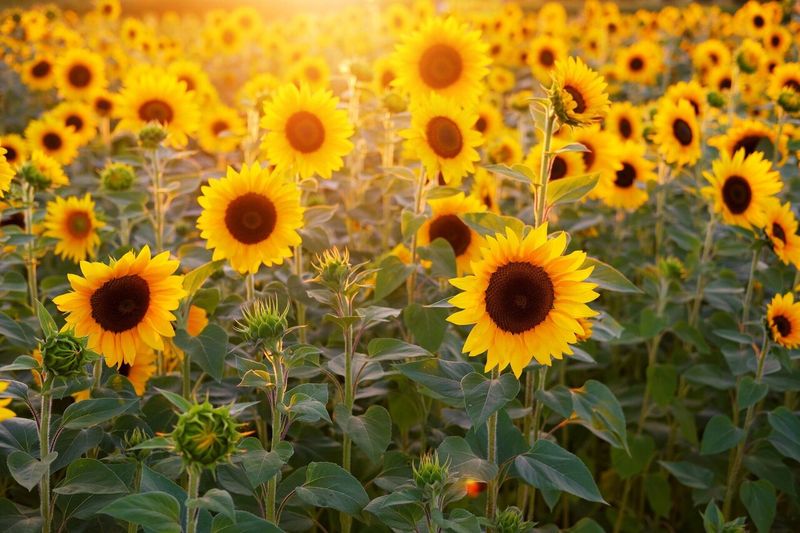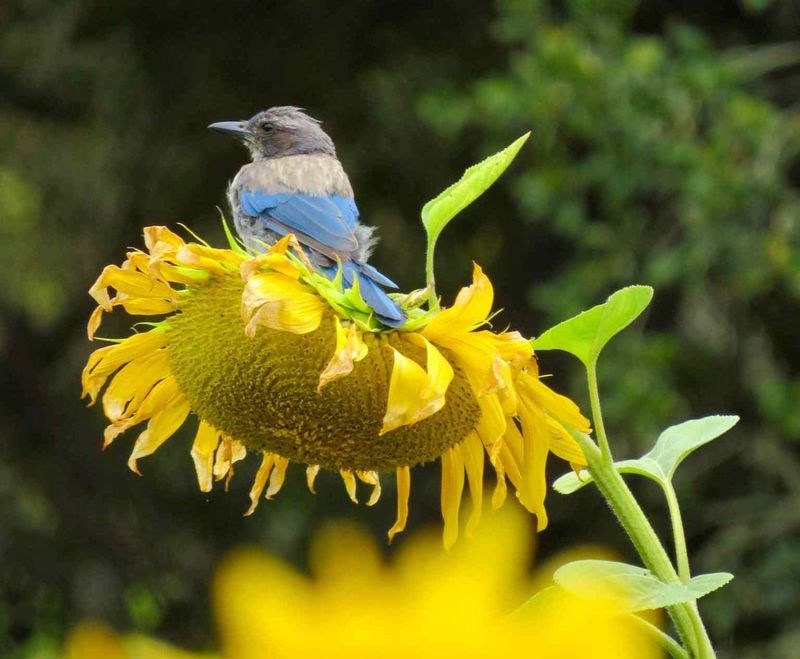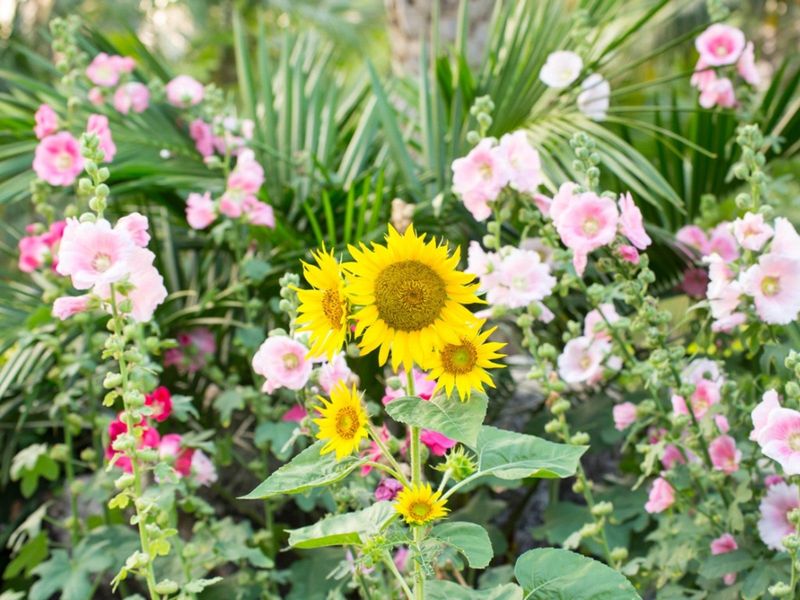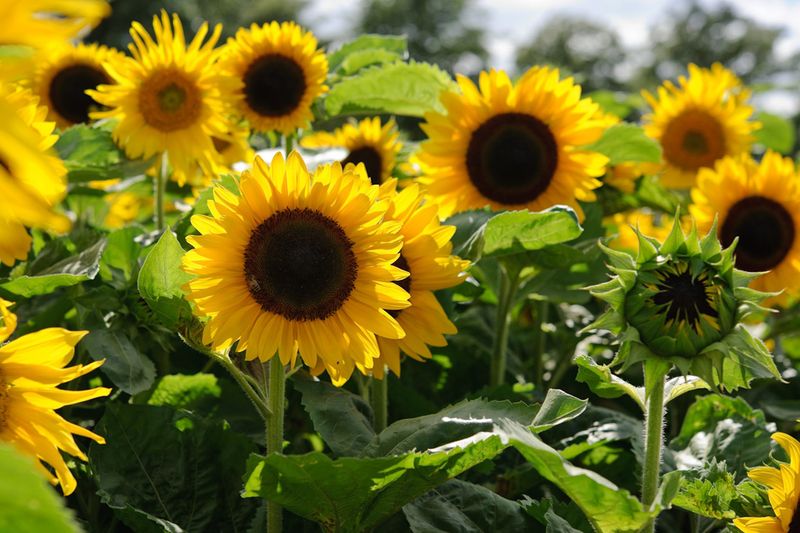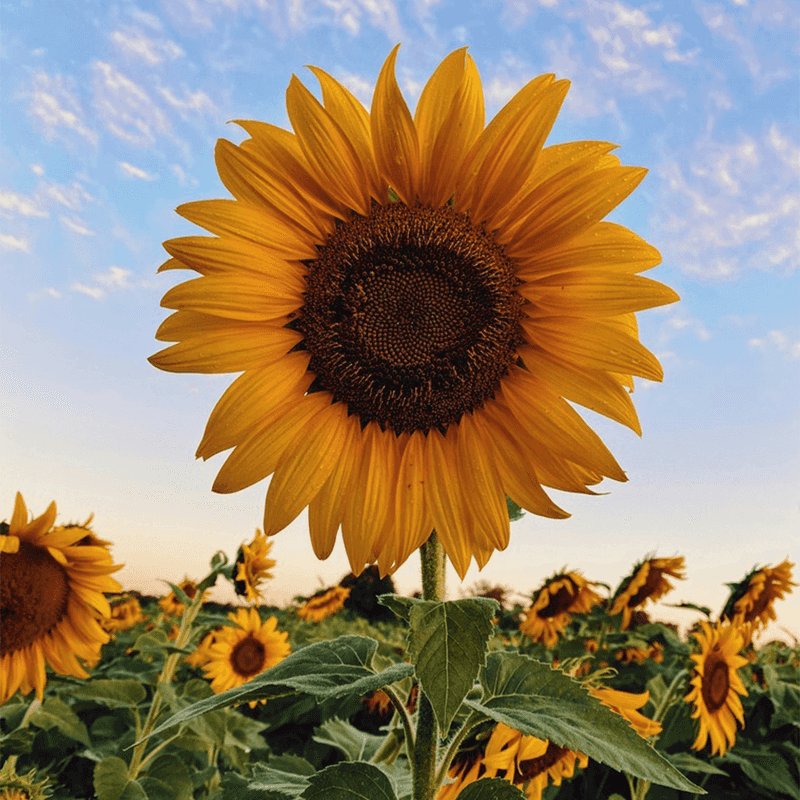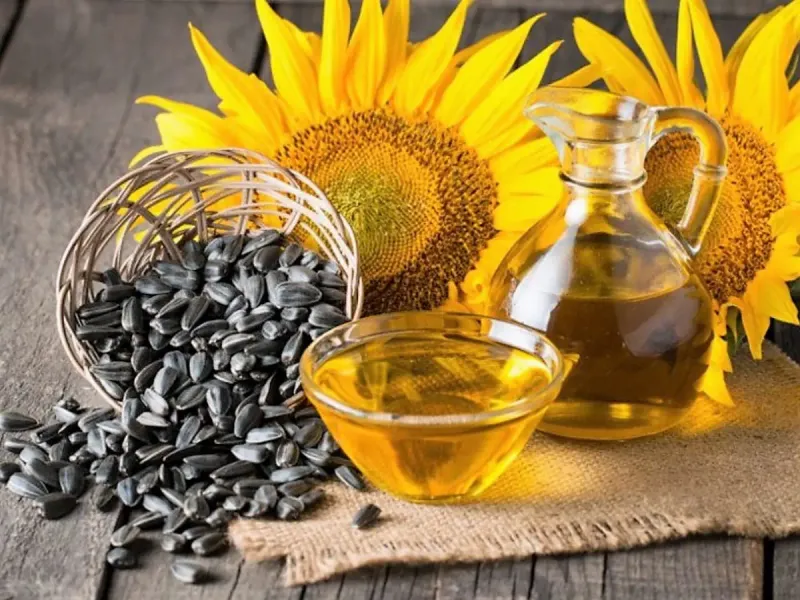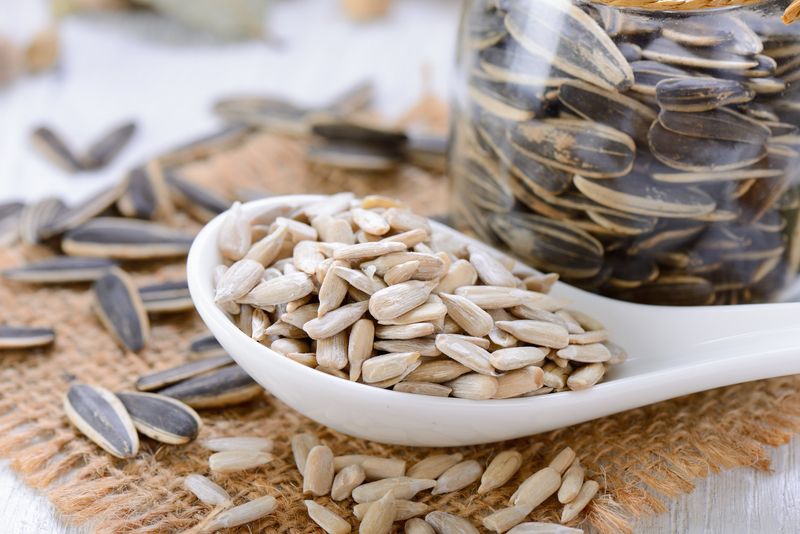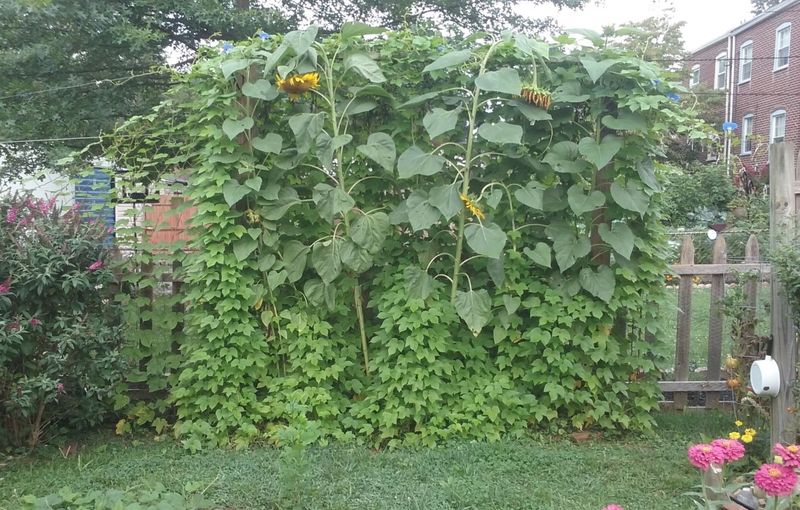Sunflowers are a wonderful addition to any garden, offering not only beauty but also a variety of benefits that support both the ecosystem and the gardener.
Here are ten compelling reasons to plant at least ten sunflowers in your garden.
1. Attracts Pollinators 🐝🦋
Sunflowers are a favorite among bees, butterflies, and various pollinators that play a crucial role in the health of your garden ecosystem. Their bright, large blooms offer an abundant source of nectar, drawing these essential insects in droves.
Having a plethora of pollinators encourages better pollination for other plants, resulting in more productive fruiting and flowering.
Imagine a garden buzzing with life, thanks to these sunny giants. It’s a delightful dance of nature that ensures your garden thrives. Positioning sunflowers in strategic spots allows even the shyest pollinators to find their way.
2. Natural Pest Control 🐞
Sunflowers are not just pretty faces; they are allies in natural pest control, attracting beneficial insects like ladybugs and praying mantises. These helpful critters feast on harmful pests, keeping your garden’s ecosystem balanced without the need for harmful pesticides.
The towering presence of sunflowers serves as a beacon for these insects. By providing a habitat for predators of garden pests, sunflowers actively reduce the occurrence of harmful infestations. You’ll find your garden flourishing under their watchful presence, with healthier plants all around.
3. Improves Soil Health 🌱
Sunflowers boast deep, strong roots that penetrate deeply into the soil, aiding in aeration and nutrient cycling. This natural tilling process enhances the soil structure, making it more hospitable for other plants.
The roots also draw up nutrients from the depths, enriching the topsoil layer with essential minerals. Over time, this process leads to more fertile ground, supporting the overall growth and health of your garden.
Planting sunflowers can be an excellent strategy for improving soil conditions, especially in areas that have been neglected or compacted.
4. Provides Seeds for Birds and Wildlife 🐦
Sunflowers are a natural gift to birds and wildlife, offering a bountiful source of seeds. Once the vibrant blooms fade, the large flower heads become a feast for local bird species, providing them with essential nutrition.
This food source is particularly valuable in late summer and fall when other resources may dwindle. By establishing sunflowers in your garden, you create a sanctuary for wildlife, fostering biodiversity and supporting local ecosystems.
Watching birds visit your garden adds a dynamic layer of life and motion, making your garden a hub of natural activity.
5. Great for Companion Planting 🌻+🌽+🍅
Sunflowers are excellent companions in the garden, offering shade and protection to more sensitive plants like tomatoes, lettuce, and beans. Their towering stalks provide a natural shield against harsh sun and wind, creating a microclimate that benefits neighboring plants.
Additionally, sunflowers can deter some pests that might otherwise target your vegetables. By strategically planting them, you can create a harmonious ecosystem where plants support one another.
Incorporating sunflowers into your companion planting scheme is a practical way to enhance garden productivity and plant health.
6. Stunning Visual Appeal 🎨
The visual impact of sunflowers is undeniable, with their bright yellow petals and towering height turning any garden into a cheerful, lively space. They stand as radiant beacons of sunshine, drawing admiration from all who pass by.
Their presence adds a vivid, warm contrast to the greenery, making your garden aesthetically pleasing and inviting. Whether you’re aiming for a rustic, cottage-like retreat or a modern, artistic garden, sunflowers fit perfectly into any design.
The natural beauty of sunflowers transforms gardens, making them places of joy and inspiration.
7. Easy to Grow and Maintain 🛠️
Sunflowers are among the easiest plants to cultivate, thriving even with minimal care. Their resilience to drought and adaptability to various soil types make them an ideal choice for both novice and experienced gardeners.
Once established, sunflowers require little more than occasional watering and basic care to flourish. This low-maintenance nature makes them perfect for busy individuals or those new to gardening.
Their rapid growth rate adds to the excitement, allowing you to enjoy their towering beauty in just a few short weeks.
8. Can Be Used for Homemade Sunflower Oil 🏺
For those with a bounty of sunflowers, making homemade sunflower oil can be a fulfilling endeavor. The seeds, once harvested and pressed, yield a healthy, versatile cooking oil.
This oil is not only delicious but also packed with nutrients, making it a healthy alternative for your culinary needs. The process of extracting this oil is straightforward, and the rewards are ample.
Incorporating sunflower oil into your kitchen arsenal adds a personal touch to meals, knowing that it comes from your own garden’s harvest.
9. Edible and Nutritious 🥗
Sunflower seeds are a powerhouse of nutrition, packed with proteins, healthy fats, and essential vitamins. They make for a delicious snack or a nutritious addition to salads and other dishes.
These seeds are versatile, offering a pleasant crunch and flavor to any meal. By growing sunflowers, you ensure a fresh supply of this wholesome ingredient.
Incorporating sunflower seeds into your diet can contribute to a healthier lifestyle, providing various health benefits. Enjoying them fresh from your garden adds an element of homegrown goodness to your meals.
10. Makes a Perfect Privacy Screen 🏡
Sunflowers can serve as a natural privacy screen, their tall stalks forming a lush, green barrier that shields your garden from prying eyes. This living fence not only adds beauty but also serves practical purposes.
By planting sunflowers along property lines or around seating areas, you create a secluded, tranquil space. The height of sunflowers makes them particularly effective at blocking views while still allowing air and light to flow freely.
This creative use of sunflowers adds structure and privacy without the need for artificial fencing.
